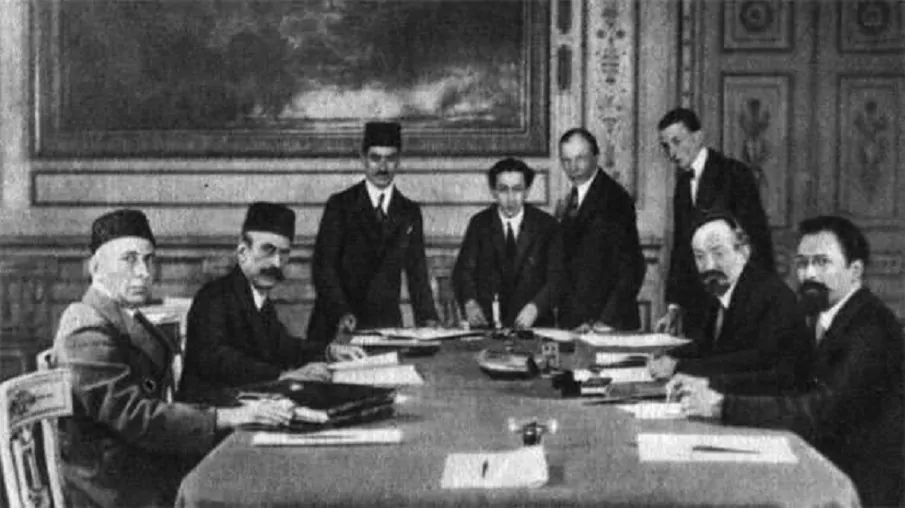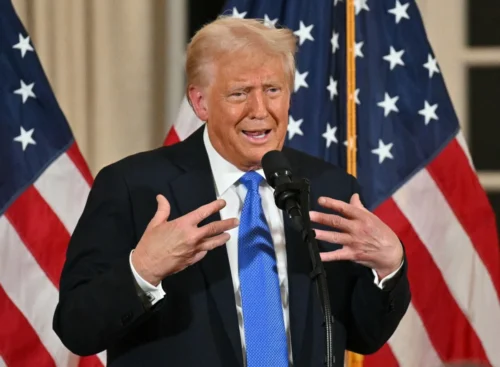
Genesis Armenia: On the Moscow Treaty of March 16, 1921 and the Kars Treaty of October 13, 1921: The positions of Russia and the West regarding the treaties
Genesis Armenia think tank has published the fourth part (Part 1, Part 2, Part 3) of the article by political scientist Abraham Gasparyan and historian Armen Sargsyan titled “The Background to the Treaty of Kars”. The article is presented below:
Part 4
1. The treaties of Moscow and Kars were “born” against the backdrop of the civil war in Russia, the Turkish movement, and the tense relations between Turkey and Armenia.
2. Russian and Turkish authorities sought to strengthen their positions in the South Caucasus.
3. These treaties remain relevant today because they need to be reviewed to establish real peace in the Caucasus.
According to the aforementioned treaties, Turkey and Russia divided Armenia between themselves, with the western part going to Turkey and the eastern part to Russia. The unjust borders drawn by the treaties later became the basis for several conflicts in the region.
An attempt to partially rectify the illegal Moscow and Kars treaties was made at the end of World War II when the Soviet leadership, considering Turkey’s pro-German stance during the war, raised the question of returning Kars, Ardahan, and Surmalu, seized by Turkey under the 1921 Moscow and Kars treaties, at the summer peace conference in Berlin (Potsdam) in 1945. Moreover, the Soviet army in the South Caucasus was brought to combat readiness to cross the Armenian-Turkish border; however, due to changes in the post-war situation, the Soviet leadership did not dare to implement its plan.
Let us note that the aforementioned two treaties reflected the political landscape of that time.
Russian politicians have various views regarding these treaties. The opinions in the governmental sector are primarily as follows:
1. Some believe that the treaties helped Russia stabilize its position in the Caucasus and simultaneously develop strategic ties with Armenia.
2. Certain politicians have objections to the treaties, particularly regarding the right to self-determination of nations and border stability.
3. Some Russian historians think that the treaties on the Caucasus region had monumental consequences of cooperation and conflict.
4. The attitudes of Russian politicians toward Western Armenia have been diverse, influenced by the geopolitical, economic, and cultural circumstances of the region.
5. During the time of the Russian Empire, Western Armenia was a sphere of geopolitical interest, as the region was significant concerning the borders of the Caucasus and the Ottoman Empire.
6. In the policy concerning Western Armenia, practical calculations also take into account the interests of regional powers, particularly Turkey, and Western countries, which affects Russia’s political approaches.
Approaches of Western Politicians: As of 2023, the official position of the U.S. regarding the 1921 Moscow and Kars treaties has not been clearly articulated. Nevertheless, the U.S. continues to monitor developments in the South Caucasus and supports the maintenance of peace and stability in the region.
In light of the clashes between Armenia and Azerbaijan in recent years and the 2020 44-day war, the U.S. called on both sides to resolve their conflicts peacefully and uphold the 1994 ceasefire. The U.S. also supports the efforts of the Minsk Group as an OSCE-mandated mediator that dealt with the resolution of the Artsakh conflict, although its activities are currently frozen.
The U.S. views the Moscow and Kars treaties as historical documents signed in the political context of that time. However, the U.S. government is currently focusing more on the present relations between Armenia and Azerbaijan and on peaceful resolution rather than on historical treaties.
Thus, the current position of the U.S. is more centered on maintaining peace in the region and conflict resolution. However, it should be noted that the Kurdish issue is becoming increasingly relevant and should be taken seriously, without forgetting Wilson’s Arbitral Award. In this regard, let us note that the U.S. Senate did not reject Armenia’s mandate but the funding.
The Political Position of the Current Armenian Authorities: By defending the current borders with Turkey and Azerbaijan, the current leadership of Armenia, is, in fact, trying to internationally legitimize the illegal treaties of Moscow and Kars.
The Moscow and Kars treaties represent the Kemalist-Bolshevik perspective on the resolution of the Armenian Cause. This issue is a dormant volcano today for both Moscow and the West.
To be continued


